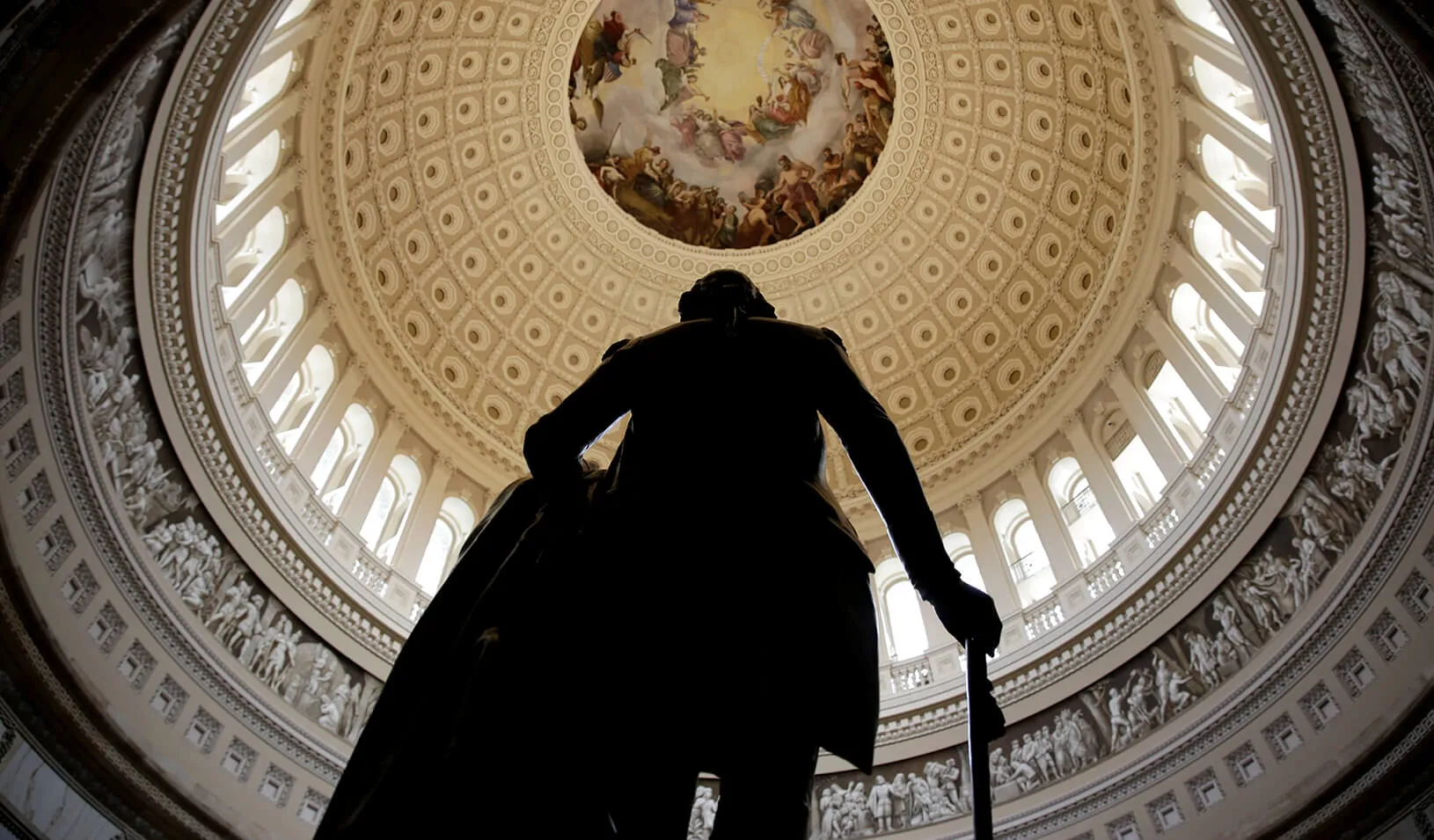November 30, 2017
| by Louise LeeCASI Visiting Speakers
The Corporations and Society Initiative (CASI) hosts a variety of events for members of Stanford GSB, Stanford University, and the broader community to discuss the complex and interacting forces that impact corporations and society.
Imagine you’re a busy young congressional staffer trying to acquire broad knowledge of the widget industry so you can help your boss write a piece of widget-related legislation. You don’t have the time, resources, or background to develop a solid understanding of the regulatory complexities attendant to widget making. But you are receiving a steady stream of calls and emails from widget-boosting lobbyists offering up policy ideas, one-pagers, and reams of industry research.
What underpaid and overworked staffer wouldn’t meet with the lobbyists to obtain some facts and figures? That dependence on corporate lobbyists has led to their outsize influence and power over the legislative and political process, says Lee Drutman, senior fellow at New America, a Washington, D.C., think tank. Drutman, who researched the lobbying industry for his 2015 book The Business of America Is Lobbying: How Corporations Became Politicized and Politics Became More Corporate, was a recent visiting speaker at Stanford Graduate School of Business’s Corporations and Society Program.
Corporate lobbying is a legitimate and justifiable part of the political process, Drutman contends, but companies’ resources and sophistication drowns out the ability of congressional staffers to develop knowledge independently about an industry or issue. “There’s more expertise in the lobbying industry than among congressional staffers,” he says. “And they’re just flooding the zone.”
The fix, he says, is relatively simple: Pay congressional staffers more so they’ll stay in their jobs longer and gain the knowledge to know when to “call BS” on lobbyists who overreach.
For his book, Drutman interviewed dozens of lobbyists and drew from his short stint working in the office of New Jersey Democratic Sen. Bob Menendez, where he was lobbied relentlessly by the banking industry while participating in the legislative process around the 2010 Dodd-Frank financial reform act.
Because of relatively low salaries, congressional staffers charged with researching issues tend to be young and inexperienced. Turnover is high, preventing them and their bosses from ever developing solid expertise or institutional memory and instead making them dependent on lobbyists for information, Drutman says. Nonpartisan entities such as the General Accounting Office, the Congressional Research Service, and the Congressional Budget Office aren’t big enough to cover everything that needs to be researched, and even if they were, congressional staffers lack sufficient knowledge to ask the right questions to use the resources at those organizations, he adds.
Additionally, the sheer amount of lobbying by corporations dwarfs that of counterbalancing entities such as labor unions, consumer groups, and the like. That imbalance “distorts the information and expertise in the political system,” says Drutman. Of the 100 top-spending lobbying organizations, 95 represent corporations, while companies outspend labor unions and public-interest entities 34-to-1. Add in the influence of corporate campaign donations, and the result is an excessive influence of business on politics.
“The evolution of business lobbying from a sparse reactive force into a ubiquitous and increasingly proactive one is among the most important transformations in American politics over the last 40 years,” Drutman writes.
Drutman says attempts to place legal limits on lobbying have largely proven to be toothless and probably will continue to be so. Nor is it realistic to expect staffers to forgo meetings with lobbyists.
His solution: Increase congressional budgets to pay staffers more. Larger salaries would encourage individuals to keep their jobs long enough to accumulate deep knowledge based on multiple sources, and to build institutional memory — all of which would make them better equipped to evaluate information from lobbyists and elsewhere. Ultimately, legislation based on improved congressional expertise would be stronger.
Drutman acknowledges that convincing Congress to spend more money on itself is an uphill battle given the current political climate. Nonetheless, he promotes his ideas in meetings with congressional staff and at Capitol Hill events, pointing out that Congress’s annual budget of $2 billion is but a sliver of the $4 trillion federal budget.
“If we don’t invest and set Congress up to succeed, it’s going to fail,” Drutman says. “We’ve got to change the attitude and view an investment in Congress as an investment in all of us.”
For media inquiries, visit the Newsroom.






